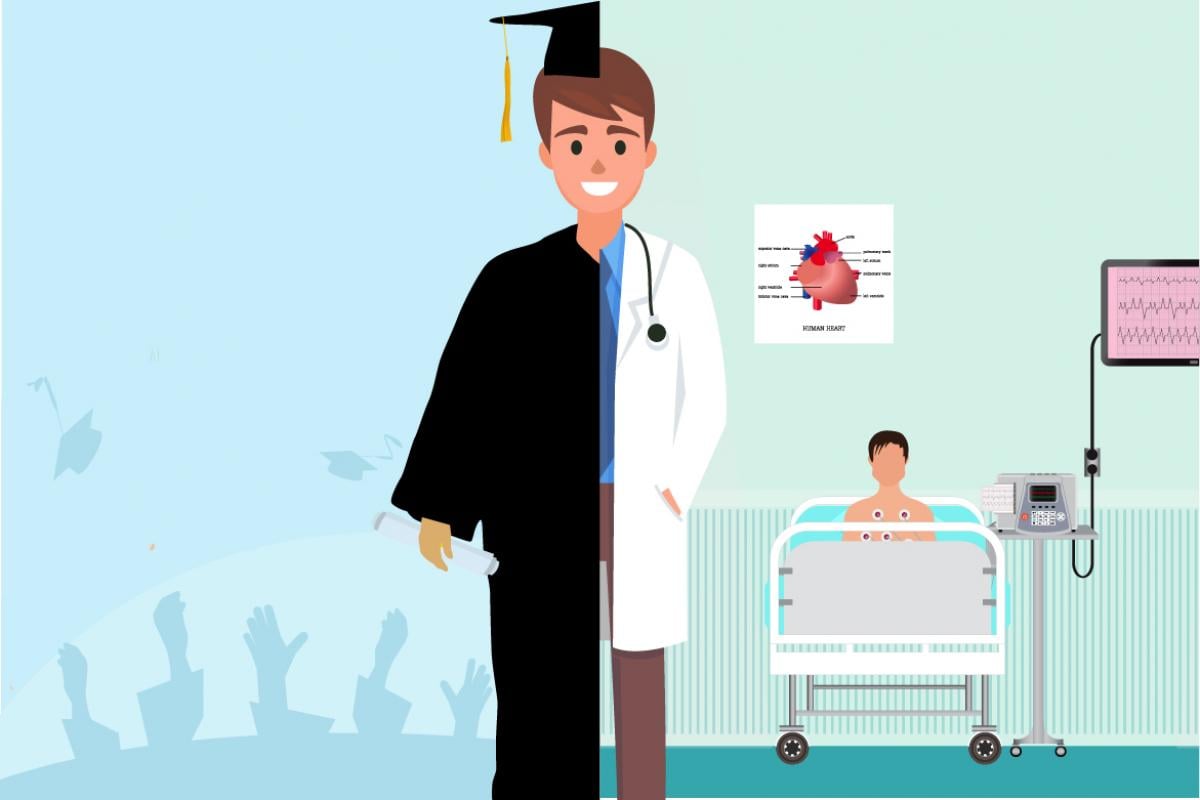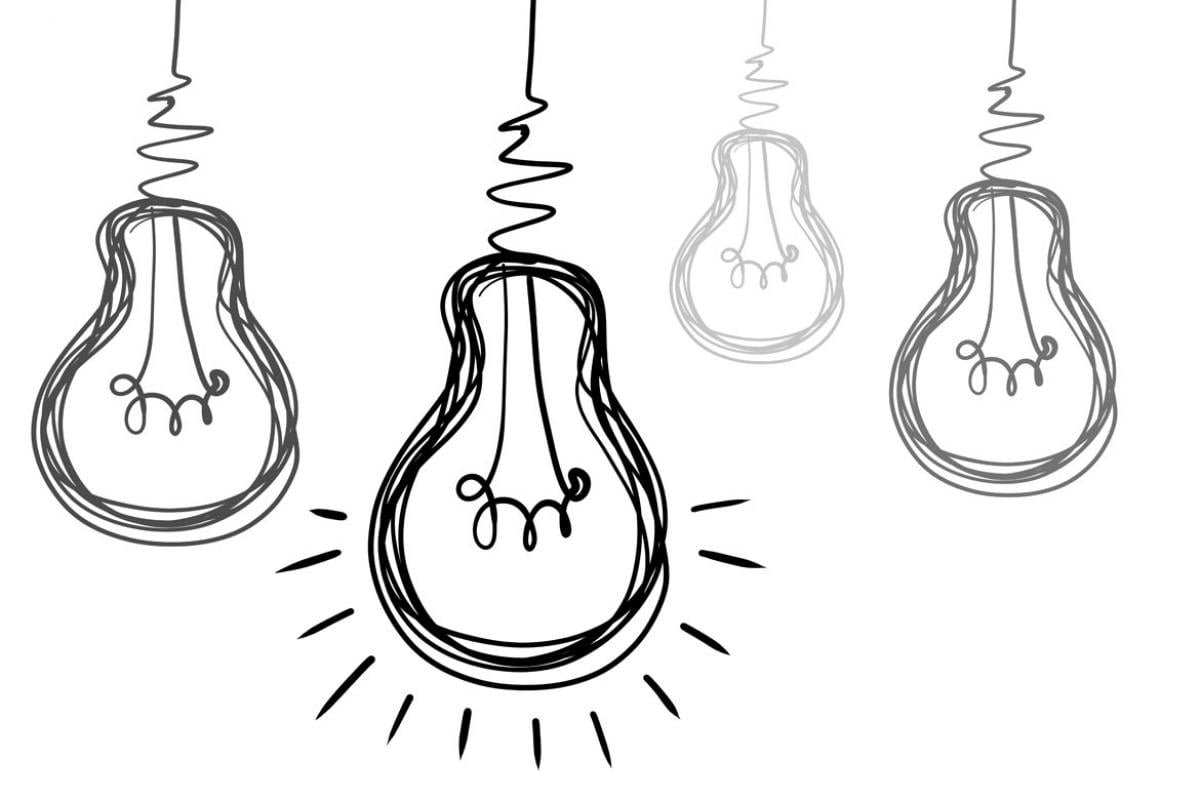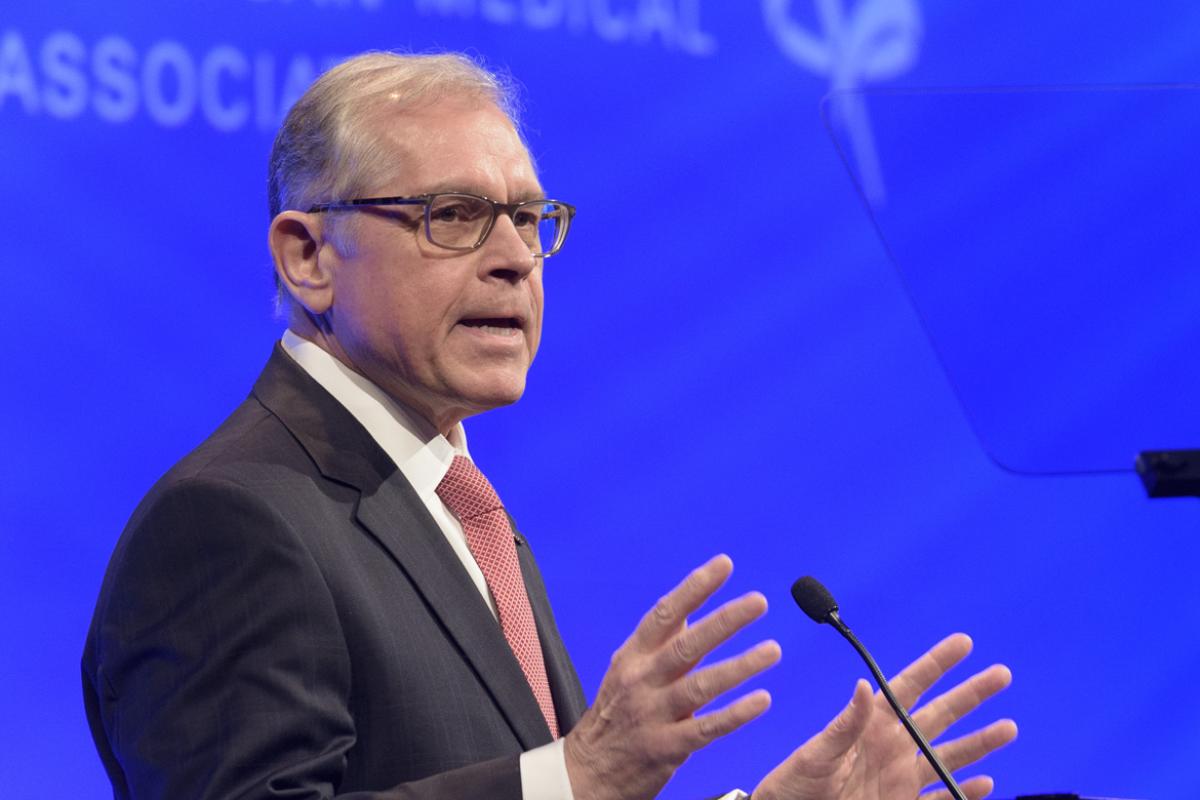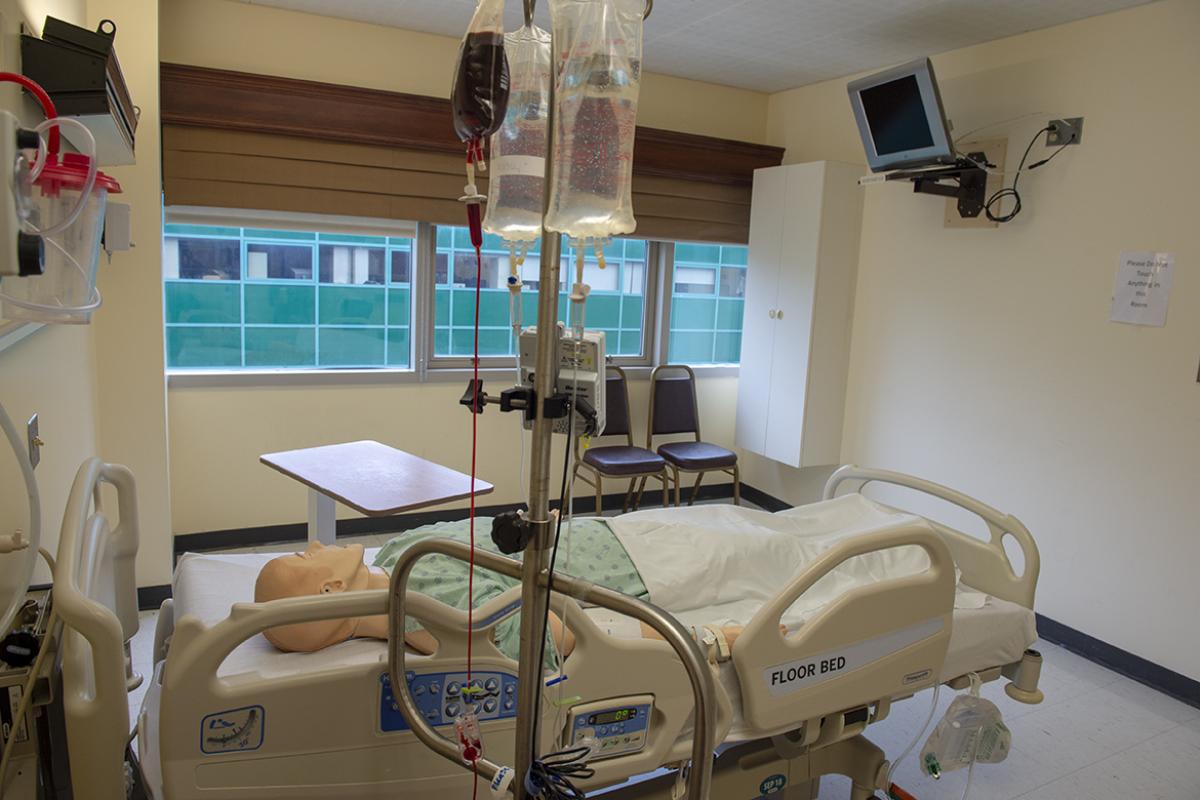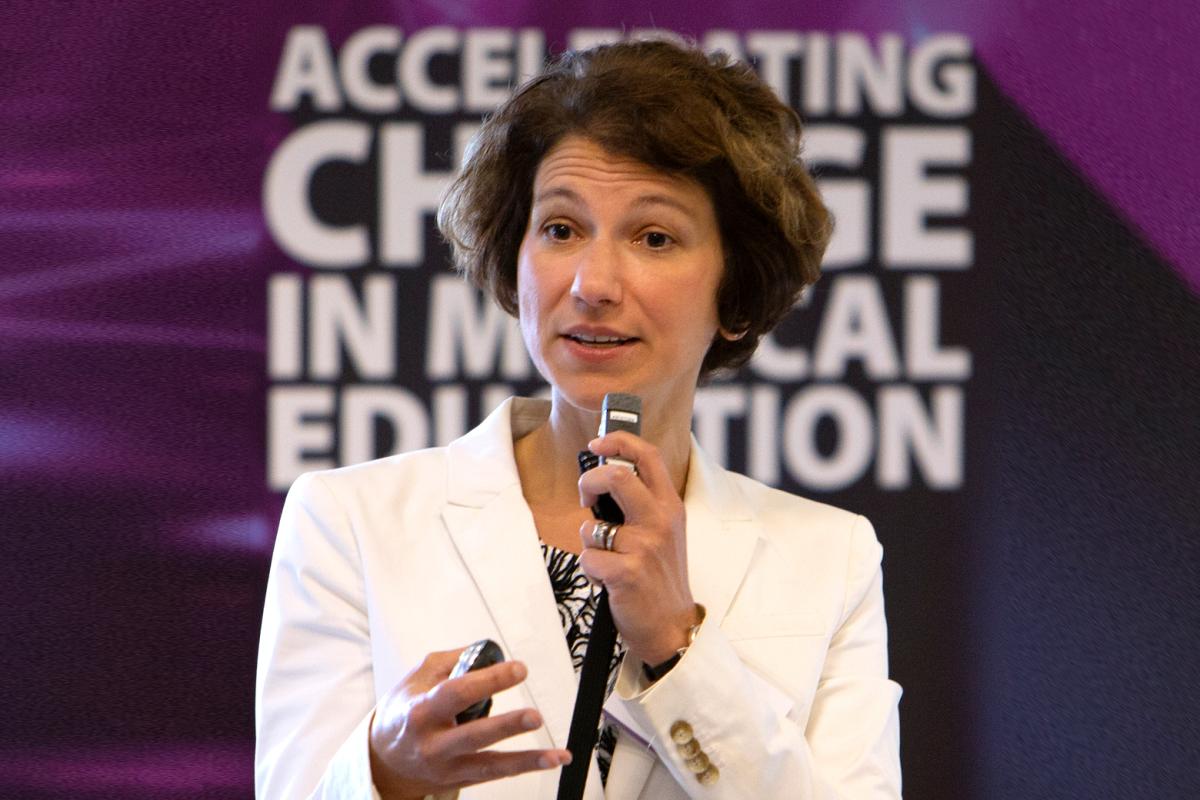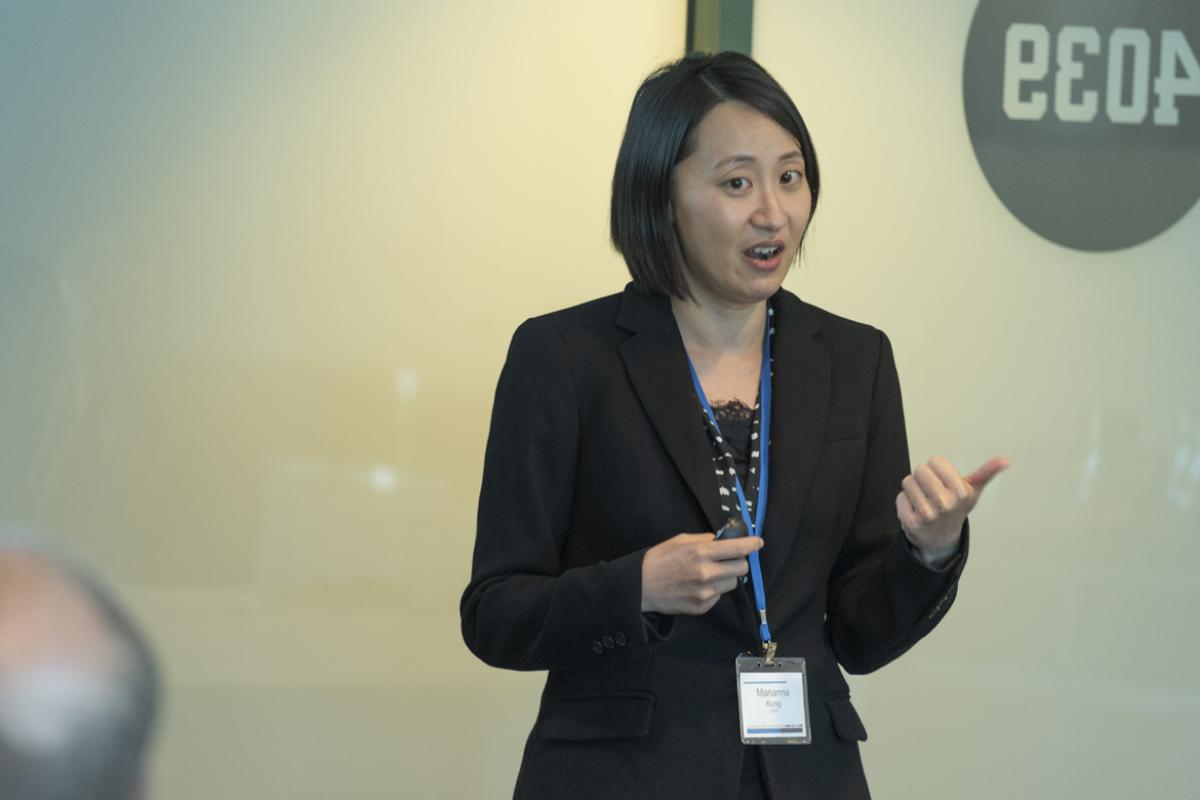GME Innovations
The AMA’s graduate medical education (GME) innovations highlight leading edge trends in GME education. Find news on projects that focus on providing a meaningful transition from undergraduate medical education (UME) to GME, establish new curricular content and experiences to enhance readiness for practice, promote well-being in training and more. The AMA continues its efforts to drive the future of medicine by reimagining medical education—ensuring physicians are better equipped to provide care in the rapidly-evolving health care environment. Stay up to date on new innovations in GME with the AMA.
